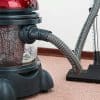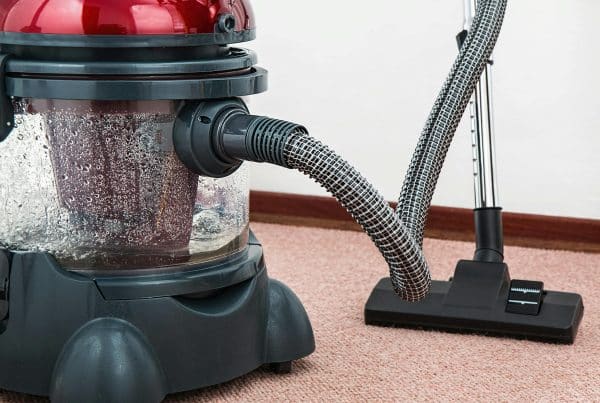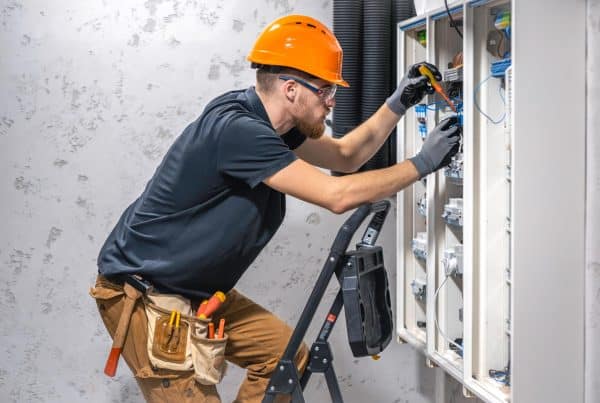Whether your kitchen worktop is made from granite, quartz, wood, laminate, or another material, taking care of it is absolutely crucial. Not only does it maximize their functionality and durability, but it also prevents your home’s value from decreasing.
Plus, proper kitchen worktop care and maintenance can save you tons of money in the future. Neglecting their care will lead to premature damage and costly replacements. Instead, you can follow our guide to keep your kitchen worktops in prime condition.
Here’s everything you need to know about their daily, short-term, and specialized maintenance.
Daily Maintenance
When it comes to daily maintenance, all kitchen worktops typically have the same requirements. Still, you’ll need to practice these cleaning habits daily to ensure the longevity of your worktop.
Use a mild, pH-neutral cleaning agent to wipe down the kitchen worktop every day, regardless of the material. Make sure not to use bleach, ammonia, or other harsh chemicals since they can degrade the finish over time. It’s also best to avoid abrasive scrubbers or scouring pads; a soft sponge or damp cloth will do.
Some materials are porous, making them prone to staining. If something spills on your wood, marble, or limestone worktop, make sure to wipe it off as quickly as possible. Stains from wine, citrus juices, and spiced foods can leave long-lasting stains in the material.
Routine Maintenance
Other than daily cleaning, some worktop materials also require routine maintenance in the form of periodic sealing, grouting, or refinishing. Granite and other porous natural stones need to be periodically sealed to protect against stains and damage. In most cases, you’ll only need to reseal them every one to three years.
Depending on the material, you’ll also need to pick the right sealing agent. There are two types: penetrating sealers and topical sealers. For granite and other porous materials, it’s better to use penetrating sealers for long-lasting protection.
If you have a wooden worktop, it may need to be routinely sanded and refinished. These worktops are prone to scratches and dents, which can be sanded away for a newer, smoother surface. After sanding, apply a food-safe, kitchen-appropriate wood finish like mineral oil or wood wax.
Lastly, tiled worktops will need to be recaulked and re-grouted every 15 to 20 years. You won’t need to do so unless the caulk and grout are completely cracked or discolored.
Stain Removal
Accidents happen, and stains spill. What we really need to learn is how to deal with the aftermath. Kitchen worktops are quite expensive, so it’s best to learn how to get rid of any stains and maintain their prime condition.
Almost all worktop materials are susceptible to grease, coffee, and food coloring stains. Marble worktops, in particular, are more vulnerable to vinegar and lime juice stains. Meanwhile, granite and limestone may absorb wine stains faster.
In most cases, a simple blotting and scrubbing technique should work. If you’re dealing with a stubborn coffee stain, use a mixture of water and hydrogen peroxide. Wine stains may call for a baking soda and water paste.
Regardless of the type of stain, avoid using bleach or ammonia since they’ll only damage your kitchen worktop further.
Specialized Care
Not all kitchen worktops are created equal. Some materials require specialized care to ensure they remain in excellent condition. For example, stainless steel worktops should only be cleaned with a stainless steel cleaner or a blend of warm water and any dish soap.
Meanwhile, marble worktops are more delicate. That means you should absolutely avoid using acidic liquids like lemon juice, vinegar, or tomato sauce on the surface. In case of a spill, you can clean it with a marble-specific cleaner.
Conclusion
Caring for your kitchen worktops is not just about maintaining their visual appeal. It’s also about making them last longer and saving money on costly replacements. Each type of kitchen worktop requires a different level of care, so don’t follow our guide to tailor your maintenance routine accordingly.








